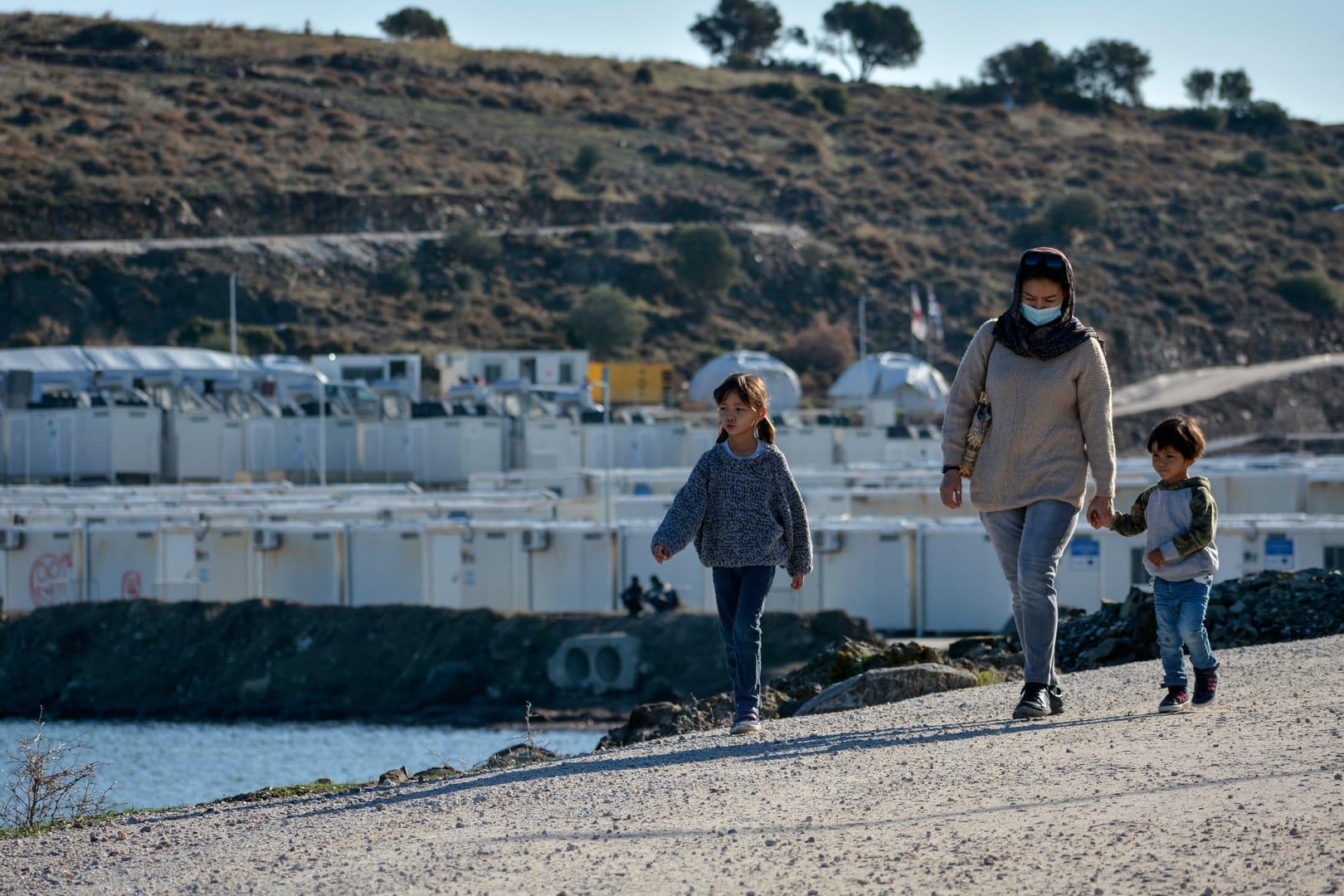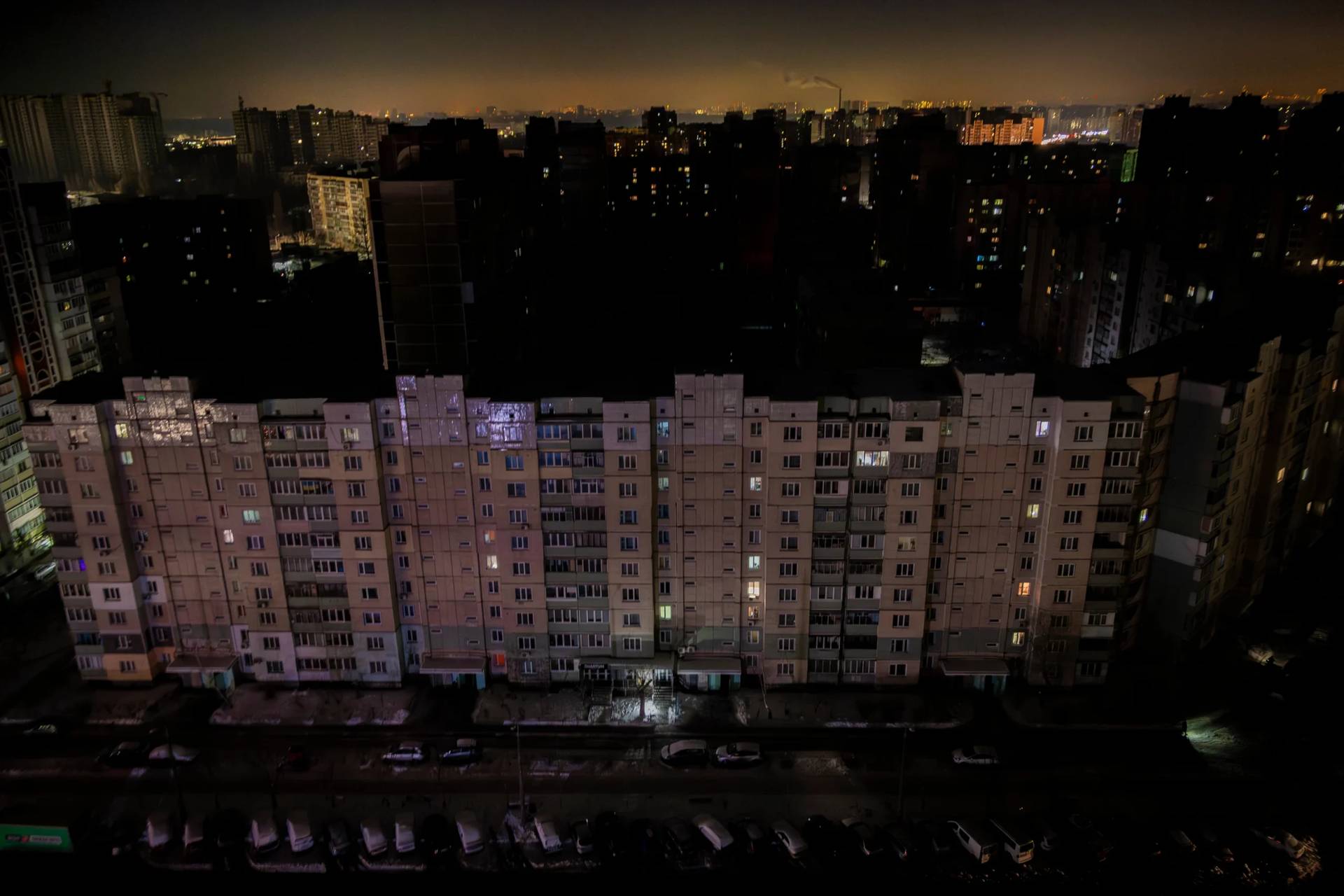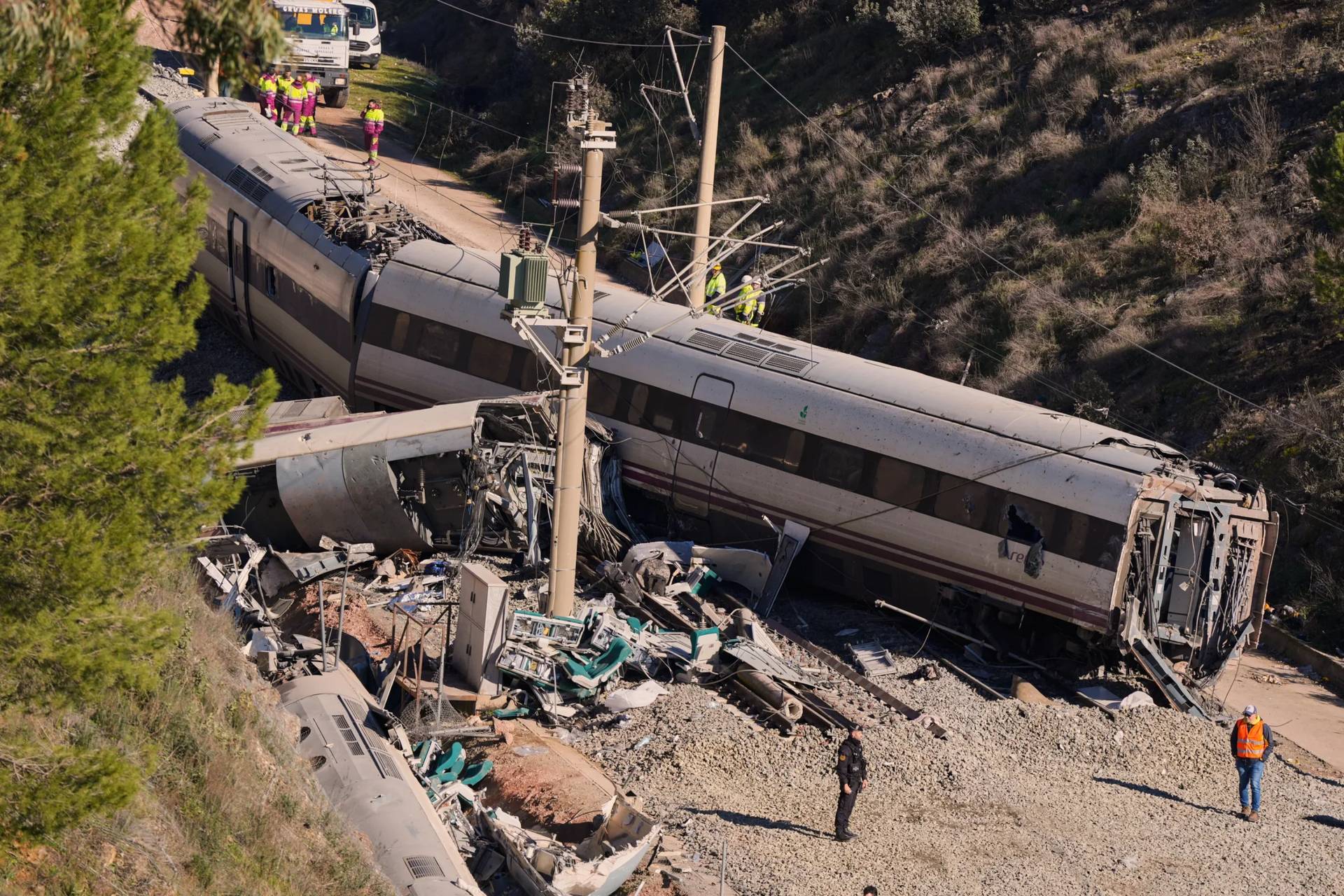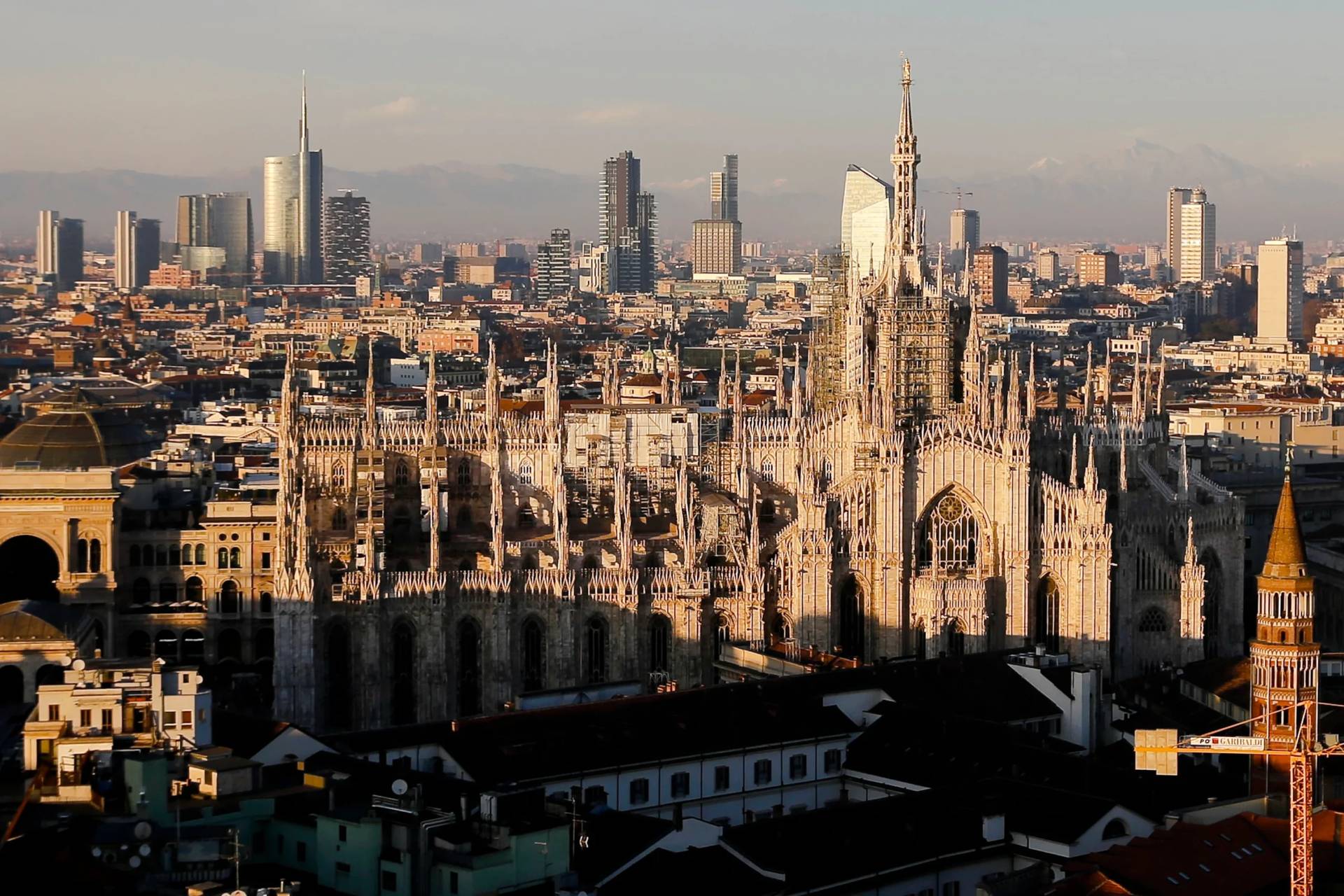ROME – Just days ahead of Pope Francis’s Dec. 2-6 visit to Greece and Cyprus, both he and the Cypriot ambassador to the Holy See have issued statements highlighting, among other things, the urgency of the migration issue for the island nation and the broader Mediterranean region.
In a video message to Greece and Cyprus published Nov. 27, Pope Francis insisted that “Europe cannot ignore the Mediterranean, the sea which has seen the spread of the Gospel and the development of great civilizations.”
“The mare nostrum, which connects so many lands, invites us to sail together, not to be divided by going our separate ways,” especially with the pandemic still underway and at a time when “the climate crisis is looming large,” he said, adding that the sea, “which embraces many peoples, with its open ports reminds us that the sources of living together lie in mutual acceptance.”
Pope Francis is scheduled to stop first in Nicosia from Dec. 2-4, and then travel to Athens and Lesbos from Dec. 4-6. It will mark the second time Francis has visited Lesbos, the first being in 2016 when he famously brought back a dozen Syrian Muslim refugees with him on his return flight to Rome.
In his own statement last week, Cypriot Ambassador to the Holy See George Poulides underlined the significance of an ecumenical prayer with migrants and refugees at the Catholic parish of the Holy Cross in Nicosia, which will take place Dec. 3.
“Cyprus is located at the easternmost end of the Mediterranean and receives, daily, a large number of immigrants who have as their final destination other countries of the European Union,” Poulides said, insisting that Cypriot authorities “are doing everything possible to tackle the phenomenon, always with respect to the human rights and the basic freedoms of these people.”
He noted that a large number of incoming migrants arrive from the Turkish-controlled north, which southerners consider to be occupied territory.
The arrival of migrants and refugees from the Turkish north has been a point of contention among Greek Cypriots in the south, who, much like Polish authorities in their migration standoff with neighboring Belarus, have accused Turkey of intentionally allowing migrants across the Green Line in order to destabilize the south and change its demography.
In his video, Francis said that as he prepares for the visit, his thoughts have turned to “those who, in recent years and still today, have been fleeing from war and poverty, landing on the shores of the continent and elsewhere, and encountering not hospitality but hostility and even exploitation.”
These people “are our brothers and sisters,” he said, adding, “How many have lost their lives at sea! Today our sea, the Mediterranean, is a great cemetery.”
“As a pilgrim to the wellsprings of humanity, I will go to Lesbos again, convinced that the sources of common life will only flourish again in fraternity and integration: together. There is no other way and with this vision I go to you,” he said.
Cypriot authorities announced last week that during his visit to the island, he intends to make a similar gesture to the one he made in Lesbos in 2016 and is arranging to transfer an unspecified number of migrants from Cyprus to Italy.
According to the Asylum Information Database (AIDA), which tracks asylum requests in Europe, there were some 19,660 pending asylum applications in Cyprus by the end of 2020.
So far this year, the number of new arrivals has already risen by 38 percent compared to last year, making Cyprus, the closest EU country to the Middle East, one of the main entry points for migrants and refugees seeking access to Europe.
Most of these newcomers, meaning some 9,270 of the 10,868 new arrivals, have entered by slipping past Cyprus’s “green line,” an UN-controlled buffer zone which is the legacy of a 1974 ceasefire agreement between Cyprus and Turkey, and which divides Cyprus between the Turkish Cypriot north and the internationally recognized south.
Currently asylum seekers compose roughly four percent of the island’s southern population, which is four times the average for other frontline EU member states.
In Greece, on the other hand, numbers have improved since Pope Francis’s last visit, dropping to 40,559 asylum applications in 2020, which is a 47.52 percent from 2019, according to AIDA.
There has also been a drop in the number of arrivals, with an estimated 15,696 refugees and migrants arriving in Greece in 2020, which is a decrease of 78.9 percent in 2019. Yet while the numbers have improved, Greece still has thousands of asylum applications to process and conditions in its camps have scarcely improved, with many still overcrowded.
Both Greece and Cyprus have taken steps to limit the number of migrant arrivals through so-called “pushbacks” of those arriving by land and by sea, and legislative hurdles that either make it more difficult to apply or forced returns to countries of origin.
Beyond migration, Poulides said Cyprus President Nicos Anastasiades is expected to brief the pope on “the latest developments in the Cyprus issue,” including what he said were “Turkey’s recent provocations both on land and at sea and the ongoing efforts to resolve the Cyprus problem.”
Both local efforts and those at the level of the United Nations to resolve the feud between have been thwarted by “Turkish provocations,” he said, insisting that the Republic of Cyprus, which is the only internationally recognized government on the island, “seeks to find a just and viable solution to the Cyprus problem” which respects UN Security Council resolutions, and which is in line with the EU legislation.
Anastasiades, Poulides said, is also expected to inform the pope “about the humanitarian issue of the missing persons, the protection of cultural heritage and the efforts made to promote the interreligious dialogue,” which will also play a major role in the pontiff’s visit to both Cyprus and Greece.
Follow Elise Ann Allen on Twitter: @eliseannallen












